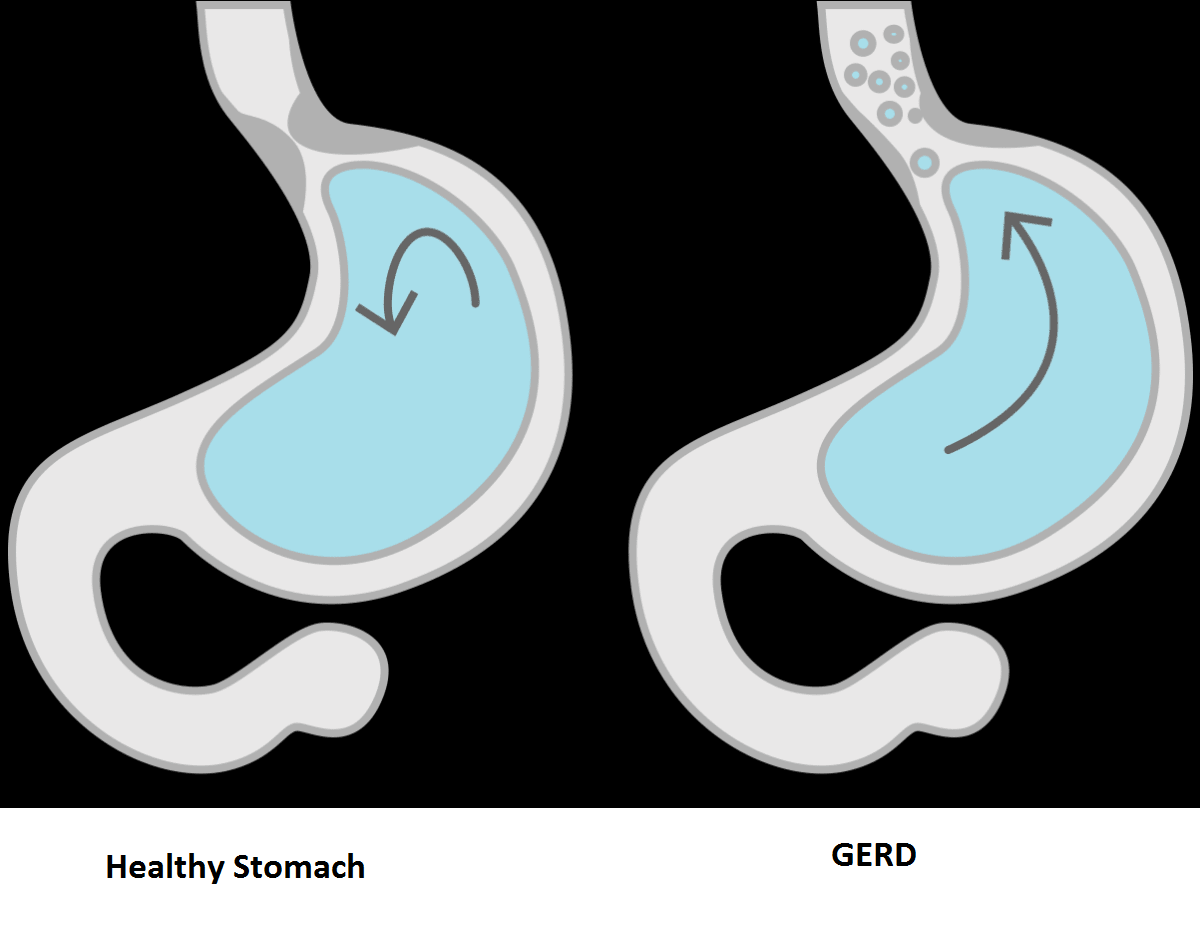Health, GERD, Acid Reflux, Heartburn
Don’t let your Reflux/ GERD to progress into Advanced Stage
Advanced stages of GERD involve worsening symptoms and can lead to complications that will also need treatment.

Overview
Gastroesophageal Reflux Disease, commonly called GERD, is a chronic condition that happens when the acids in the stomach back up into the esophagus. There are several stages of GERD, ranging from mild to severe.
This article discusses the advanced stages of GERD, how it progresses, the diagnosis process, and more.
Stages of GERD
GERD presents in stages.
The symptoms a person experiences help a doctor with staging GERD in a person.
There are four stages of GERD. They are:
- Stage 1 (mild): A person has infrequent heartburn and regurgitation happening once or less each week.
- Stage 2 (moderate): A person has regurgitation or heartburn occurring a few times a week.
- Stage 3 (severe): A person has regular heartburn, a chronic cough, regurgitation, a hoarse voice, and regurgitation of food.
- Stage 4 (esophageal cancer or precancerous lesions): A person has the same symptoms as stage 3, plus food getting stuck in the back of their throat when eating.
In rare cases, people living with unmanaged reflux will advance to stage 4 GERD.
Causes and symptoms of advanced GERD stages
GERD occurs when the sphincter in the lower esophagus weakens or relaxes when it should not. Several factors can lead to the development of GERD, including:
- Having obesity or overweight
- Secondhand smoke and smoking
- Pregnancy
- Side effects of certain medications, such as calcium channel blockers, benzodiazepines, tricyclic antidepressants, certain asthma medications, and nonsteroidal anti-inflammatory drugs
Advanced stages of GERD occur when a person’s acid reflux goes untreated for a long period of time.
Symptoms of stages 3 and 4 are similar, and include:
- Regurgitation of liquid or food
- Heartburn
- Chronic cough
- Sore throat
- Hoarse voice
At stage 4, a person may also develop dysphagia, which means food gets stuck in the esophagus when eating.
Finally, advanced GERD can cause complications, such as asthma or Barrett’s esophagus, which can cause
additional symptoms such as:
- Loss of appetite
- Pain in the chest
- Problems with swallowing or pain when swallowing
- Persistent vomiting
- Unexplained weight loss
- Bloody, black, or tarry stool, which indicate bleeding in the digestive tract
- Vomit that looks bloody or as though it contains coffee grounds
A person should contact their doctor if they experience worsening or more frequent symptoms.
Outlook
With effective management, a person living with GERD can maintain a high quality of life and continue their typical daily activities.
Severe complications are rare, and most people will find symptom relief with lifestyle changes and medications.
Summary
Advanced stages of GERD typically present with worsening and more frequent symptoms as well as a higher risk of developing complications.
Treatment often involves a combination of lifestyle changes and medications. In some cases, a doctor may recommend a surgical procedure.
Reference
- https://www.cooperhealth.org/services/gastroesophageal-reflux-disease-gerd/stages-of-gerd
- https://www.niddk.nih.gov/health-information/digestive-diseases/acid-reflux-ger-gerd-adults
- https://www.ncbi.nlm.nih.gov/pmc/articles/PMC6140167/
- https://www.mayoclinic.org/diseases-conditions/gerd/symptoms-causes/syc-20361940





































































































